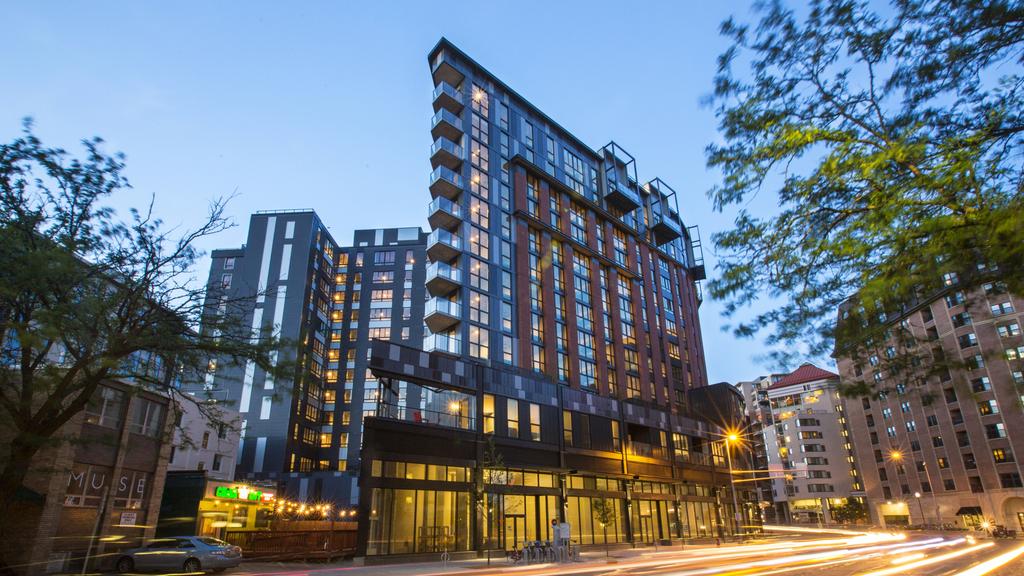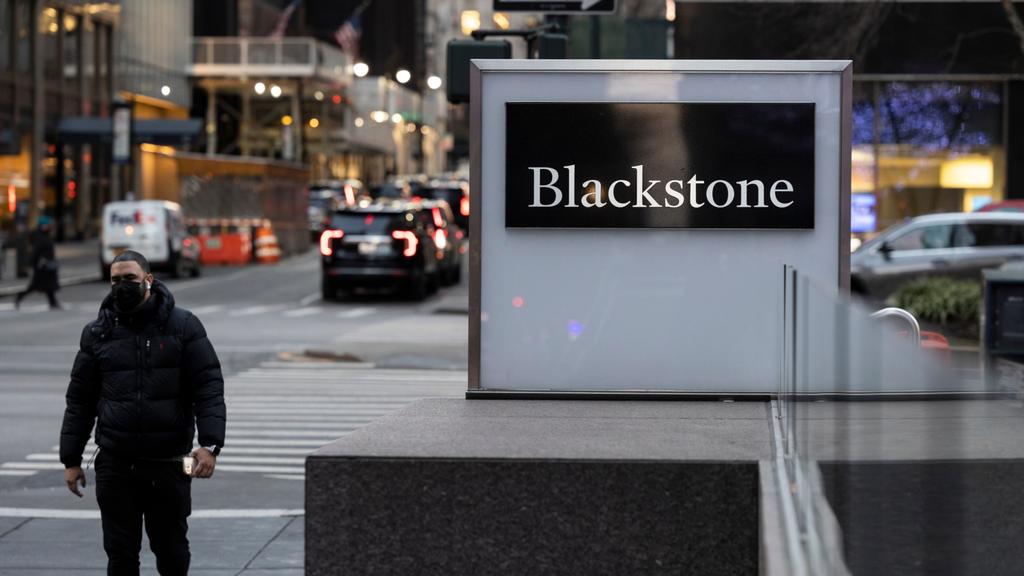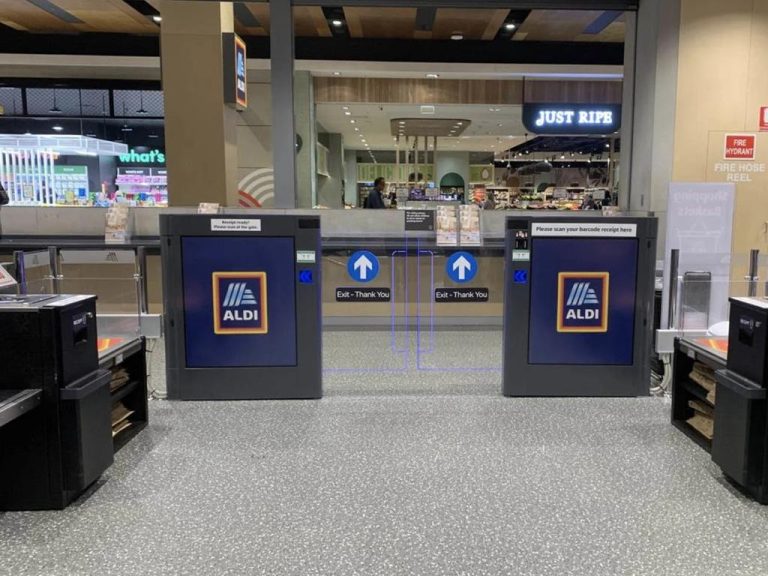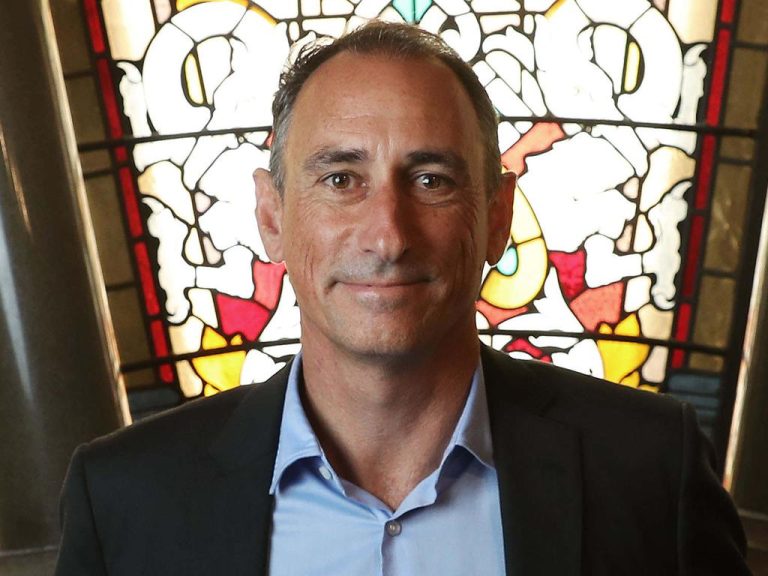Blackstone on the hunt for deals as cycle takes a turn

StuyTown is Blackstone’s largest residential property globally, with over 11,200 apartments in 56 buildings in Manhattan.
Private equity giant Blackstone is being tested by the volatile property market but these same conditions could throw up opportunities for it to make more of its signature global investments.
In Australia, the firm has put its stamp on the market with its recent roster of deals, including the takeover of James Packer’s Crown Resorts and striking a multi-billion dollar logistics property deal.
But Blackstone is certainly not done yet, with build-ups under way in sectors ranging from build-to-rent housing and data centres, as it looks to bring its global smarts to the local market. But it certainly hasn’t been all smooth sailing.
The New York-listed company’s assets under management came in shy of its own $US1 trillion target in 2022 as fundraising weakened in some sectors.
And there was also a fall in the value of Blackstone’s real estate investments – reflecting the industry-wide shift as interest rates rise.
In the US, the company’s non-traded real-estate investment trust aimed at individual investors, Breit, was hit with higher requests from investors to sell shares in the fourth quarter and it limited redemptions.
But last month, Breit struck a deal with UC Investments, which manages the endowment for the University of California system, which saw it inject $US4bn ($5.8bn) into Breit and hold the shares for six years.
Blackstone also backed the venture and UC has since made a further commitment to the $US68bn vehicle.

Blackstone funds bought student housing group American Campus Communities for $US13bn.
Kathleen McCarthy, global co-head of Blackstone Real Estate, points to the fund’s performance and institutional quality, as well as its focus on warehouses and rental housing, particularly in growth markets in the US sunbelt.
The fund has outperformed listed competitors and is performing as it was designed. “We focus on performance, not on the flows of capital,” Ms McCarthy said.
With other high-profile US unlisted real estate funds, including a Starwood vehicle, also implementing restrictions, there could be an impact on the market.
Resolution Capital funds manager Andrew Parsons pointed to the potential implications in a recent investor update. “We expect that these private funds will have now turned from being net buyers to net sellers of properties in the coming year at least,” he wrote.
“Unlisted REITs now must contend with investors’ broad need for liquidity and with scepticism regarding the veracity of the appraised real estate valuations which have stubbornly defied the downward price pressure seen in other investment classes including, and more meaningfully, publicly listed REIT share prices.”
Mr Parsons argues that listed REIT performance in 2022 may be a good indicator of what lies ahead for direct funds that have not yet marked down their asset values.
He noted the UC investment in Breit but remains critical of funds relying on unlisted valuations. “While the deal may provide some temporary relief, the special terms serve to underscore the credibility gap facing appraisal-based valuations,” he wrote.
Ms McCarthy argued that big swings in listed markets didn’t necessarily reflect conditions in underlying real estate. “Our funds are built to be valued based on what’s happening in real estate … So we’re really keeping up with what’s happening in the market. But it doesn’t necessarily correlate to what’s happening on the screen,” she said.
For Blackstone it comes back to the opportunities. And they could be big.
“I think in an environment like this where you do see publicly listed companies trading at really significant discounts to value we see that as potentially an opportunity,” Ms McCarthy said. And, just as the firm is being tested by the tough environment with values off in many traditional areas, and cooling even in the once red-hot logistics sector, investments are emerging.
“I think this kind of environment, where capital is constrained both from more traditional bank lenders, for example, or from public companies and others, who for a variety of reasons, their capital structure makes it so that they can’t necessarily activate in this environment, we definitely see this as a great opportunity,” Ms McCarthy said.

In Australia, Blackstone has put its stamp on the market with its recent roster of deals, including the takeover of James Packer’s Crown Resorts. Picture: Bloomberg
Blackstone made opportunistic commercial real estate investments in the ’90s that helped make its name and was also highly active in the wake of the global financial crisis. And it has kept investing, buying assets like Stuyvesant Town-Peter Cooper Village – now known as StuyTown – in 2015 for about $US5.3bn – and student housing group American Campus Communities for $US13bn last year.
“We’ve found over time that moments of volatility, where others pull back, are the times that create the best opportunities for our business,” Ms McCarthy said.
The company also bets on having access to more information than many rival managers and its ability to move quickly when others are out of the market.
Ms McCarthy says that investing could range from traditional equity plays to lending, which is growing in Australia. “This is the kind of environment that, I think, is really, really well built for us to succeed,” she added.
The company‘s $8.9bn takeover of the James Packer-controlled Crown Resorts was a marque deal but its ability to go after downtrodden targets – like Australian real estate investment trusts – had been restricted by the lack of debt finance. That may be changing as debt markets reopen. And the plays could be big.
“I think of our scale as our niche and the scale of capital allows us to do a number of things, but really, most importantly, go after large, complicated opportunities,” Ms McCarthy said.
The company has raised billions for global, core and opportunistic plays, which can give it the edge in sealing deals. But even the Blackstone operation faces higher borrowing costs, with experts saying its use of leverage marks out its deals.
One player said the firm was strategically “very capable” and would look to manage competing investor interests through the downswing while also making big moves.
“There is dislocation everywhere. For them the question is how do we do public-to-private transactions and how do we do recapitalisations? How do we buy debt and get control of assets?”
And it is not all easy in commercial property.

Kathleen McCarthy, global co-head of real estate for Blackstone.
Ms McCarthy points to the “pretty significant” bifurcation among asset classes and even within them. Blackstone is focused on logistics, rental housing, hospitality and life sciences facilities. “We’re also trying to grow, as a conviction theme, what we’re doing in data centres,” she said.
But more traditional areas, including older office blocks, are facing headwinds, at time when prime buildings are winning tenants and investment.
“There’s a really a barbell effect in that sector where those really attractive, really well positioned new buildings are really taking essentially all of the demand and the older assets are having more trouble competing,” Ms McCarthy said.
And other asset classes have been hit by rising rates.
Blackstone has tacked in its warehouse portfolio, going into more urban locations. “That’s just where we see the strongest growth,” she said. “You really need that in an environment like this because with interest rates rising, cap rates are rising.”
Blackstone is looking to boost income from assets to protect value. “When we think globally, what we’re trying to focus on is where can we continue to generate cash flow growth everywhere we operate,” she said.
The manager is focused on areas that are benefiting from shifts in how people are living.
That includes build to rent where institutions are moving in after years of insufficient supply, including in Australia, where rising interest rates are making it tougher for prospective homebuyers.
Blackstone has a 30-year record through different cycles and is confident it will thrive in the latest turn. “What we’ve learned is that we can’t control the cycle. But we control the choices we make leading up to whatever’s going to happen,” Ms McCarthy said.
“And so we focus on buying great real estate, building great companies, and then building the capital structures around them to be really resilient.”







